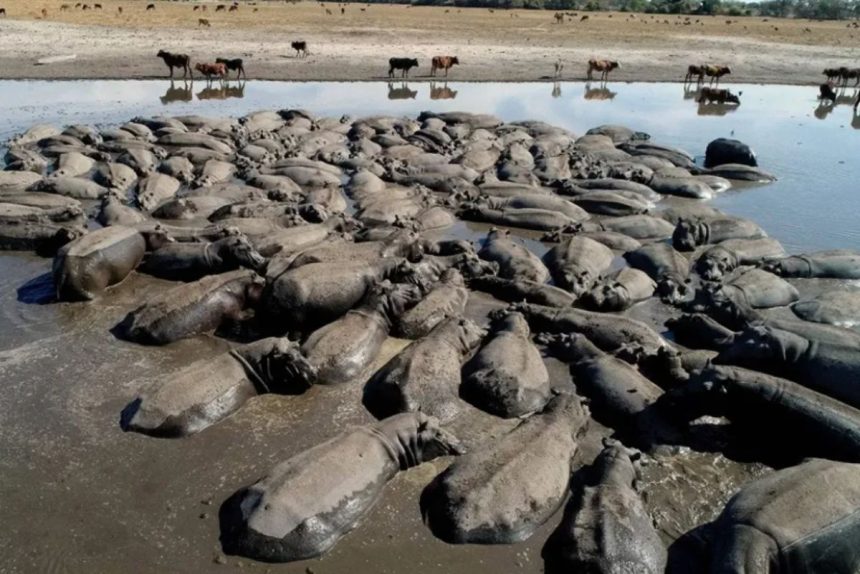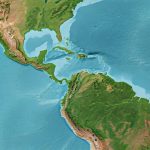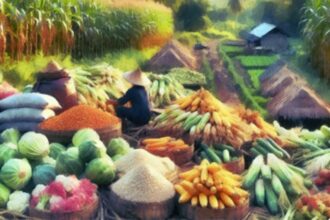Botswana, a landlocked country in Southern Africa, is renowned for its rich biodiversity and commitment to conservation. Home to a wealth of wildlife, including iconic species like elephants, lions, and cheetahs, Botswana has traditionally relied heavily on tourism as a primary means to monetize its natural resources.
- Botswana’s Current Biodiversity Economy – A Snapshot
- Why Botswana Should Diversify Beyond Tourism
- Emerging Opportunities to Monetize Biodiversity
- Implementing Policy and Infrastructure to Support Biodiversity Monetization
- Strategic Partnerships for Biodiversity Commercialization
- Policy Innovations for Sustainable Biodiversity Monetization
- Reimagining Botswana’s Biodiversity Economy Beyond Tourism
As global economies and travel patterns change, it becomes essential for Botswana to diversify and explore alternative ways to leverage its biodiversity. – Francis M.( enyi Founder)
Botswana’s Current Biodiversity Economy – A Snapshot
Botswana’s biodiversity is critical to its national identity and economy, with ecotourism as the main driver. In 2019, before the pandemic disrupted global tourism, the country’s tourism sector accounted for over 12% of the national GDP. With an ecosystem that includes the Okavango Delta, a UNESCO World Heritage Site, Botswana attracts tourists from around the world for safaris, birdwatching, and conservation-centered experiences.
The current model, while lucrative, faces limitations and challenges:
Botswana’s heavy reliance on tourism brings into focus the need to develop alternative economic avenues that both capitalize on and preserve its rich biodiversity.
Why Botswana Should Diversify Beyond Tourism
Given the challenges associated with tourism, Botswana stands to benefit significantly from diversifying its biodiversity economy. This diversification is not only economically prudent but also aligns with sustainable development goals, reducing the dependency on a single revenue stream.
Botswana has already begun initiatives that showcase the potential for non-tourism monetization, such as community-based natural resource management (CBNRM) programs, but scaling these initiatives requires significant investment and policy support.

Emerging Opportunities to Monetize Biodiversity
Botswana’s biodiversity holds immense untapped potential that could be leveraged beyond tourism. Several opportunities exist for Botswana to capitalize on its natural wealth in innovative, sustainable ways:
Bioprospecting and Pharmaceutical Research
Bioprospecting involves exploring natural ecosystems for unique biological materials that can be used in pharmaceuticals, agriculture, or industry. Botswana’s rich flora, much of which has traditional medicinal uses, offers unique opportunities for pharmaceutical research:
For Botswana to enter the global bioprospecting industry, it needs clear policies to manage access and benefit-sharing, ensuring that local communities benefit from any breakthroughs derived from their biodiversity.
Carbon Credits and Ecosystem Services
Botswana’s vast natural landscapes act as carbon sinks, capturing carbon dioxide and helping mitigate climate change. By participating in the global carbon credit market, Botswana can capitalize on its ecosystems’ carbon sequestration capabilities.
This approach would require Botswana to quantify its carbon sequestration and conservation efforts, as well as set up transparent monitoring systems to attract potential buyers.
Sustainable Agriculture and Agroforestry
With the global shift towards sustainable agriculture, Botswana can position itself as a leader in ecologically sound farming practices. Biodiverse regions, when well-managed, can offer high-quality, organic produce and promote food security.
The expansion of sustainable agriculture would contribute to food security, create local employment, and offer another way for Botswana to capitalize on its natural resources.
Ecological Restoration and Payment for Ecosystem Services (PES)
Ecosystem restoration, whether of wetlands, savannas, or forests, enhances biodiversity and provides benefits such as water purification, flood control, and climate regulation. Through PES programs, governments, NGOs, or private companies pay landholders to maintain ecosystems that provide valuable services.
For PES programs to succeed, Botswana must develop transparent metrics to assess ecosystem health and ensure that funds go directly to conservation efforts.
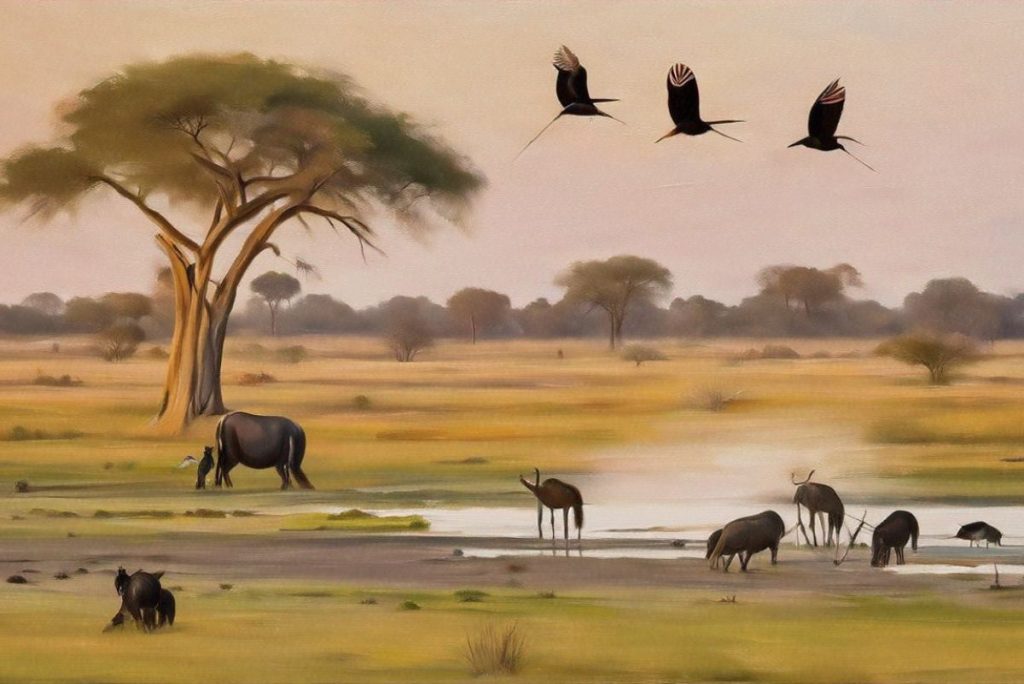
Implementing Policy and Infrastructure to Support Biodiversity Monetization
The potential for non-tourism monetization hinges on having the right infrastructure and policy framework. Key areas that Botswana needs to address include:
Establishing Regulatory Frameworks
Policies must be established to ensure responsible and sustainable exploitation of biodiversity, especially for emerging sectors like bioprospecting and PES. Clear guidelines for access, benefit-sharing, and intellectual property rights are crucial.
Building Research and Development (R&D) Capacity
R&D is critical to support bioprospecting and other scientific endeavors related to biodiversity. Botswana could incentivize partnerships between local universities and international research institutions.
Encouraging Private Sector Investment
The private sector can play a pivotal role in driving innovation and funding biodiversity-related projects. By creating incentives, Botswana can attract companies interested in bioprospecting, eco-certification, or carbon trading.
Promoting Community Involvement and Equity
For biodiversity monetization to be successful and sustainable, local communities must be active stakeholders. Community-based natural resource management (CBNRM) programs have shown that involving locals leads to more sustainable conservation outcomes.
Challenges in Diversifying Botswana’s Biodiversity Economy
Despite the promising avenues, Botswana faces significant challenges in monetizing biodiversity beyond tourism:
- Limited Technical Expertise: Bioprospecting and ecosystem services require specialized knowledge, which is still developing in Botswana.
- Resource-Intensive Infrastructure: Setting up the necessary infrastructure for R&D, ecological monitoring, and sustainable agriculture requires substantial investment.
- Regulatory Hurdles: Bureaucratic delays or lack of clarity in regulations may hinder progress and deter private sector participation.
- Balancing Conservation with Commercialization: Ensuring that biodiversity commercialization does not negatively impact conservation efforts will require careful planning and monitoring.
Addressing these challenges requires a coordinated approach, involving government agencies, NGOs, local communities, and the private sector.
Case Studies – Global Examples of Biodiversity Monetization
Botswana can learn from other countries that have successfully diversified their biodiversity economy:
- Costa Rica: Known for its payment for ecosystem services (PES) programs, Costa Rica has used funds from international donors and domestic taxes to conserve forests, showing that ecosystem services can generate sustainable revenue.
- Brazil’s Amazon Region: Bioprospecting and genetic research in the Amazon have driven innovations in pharmaceuticals, offering a model for how Botswana can monetize its plant diversity.
- Namibia’s CBNRM Model: Namibia has successfully implemented CBNRM programs, allowing local communities to manage wildlife and benefit directly from conservation, which can serve as a blueprint for Botswana.
Exploring Botswana’s Biodiversity in the Global Context
Botswana’s unique biodiversity, which includes the world-famous Okavango Delta, presents an opportunity to attract global attention not only as a travel destination but also as a hub for biodiversity-centered industries. Positioned as one of the last relatively undisturbed ecosystems in the world, Botswana holds certain competitive advantages:
- Unique Species and Rich Ecosystems: Botswana’s varied ecosystems, ranging from semi-arid savannas to wetlands, are home to species that have adapted to unique conditions. This diversity offers potential for genetic research and pharmaceutical applications, as scientists can study adaptations to extreme climates, investigate disease resistance in wild animal populations, and analyze genetic materials for medicinal uses.
- High Conservation Standards: Botswana’s commitment to conservation and sustainable use of its natural resources is recognized globally, giving it an edge over countries where environmental degradation has affected biodiversity. This pristine reputation makes Botswana an attractive partner for global markets concerned with sustainability and ethical sourcing.
- Increased Demand for Ecological Services: With the rise of ESG (Environmental, Social, and Governance) standards globally, there’s growing demand for natural ecosystems that provide carbon sequestration, biodiversity credits, and other ecological services. Botswana’s extensive savanna and wetland ecosystems position it well to cater to these markets, which are set to grow in the coming decades.
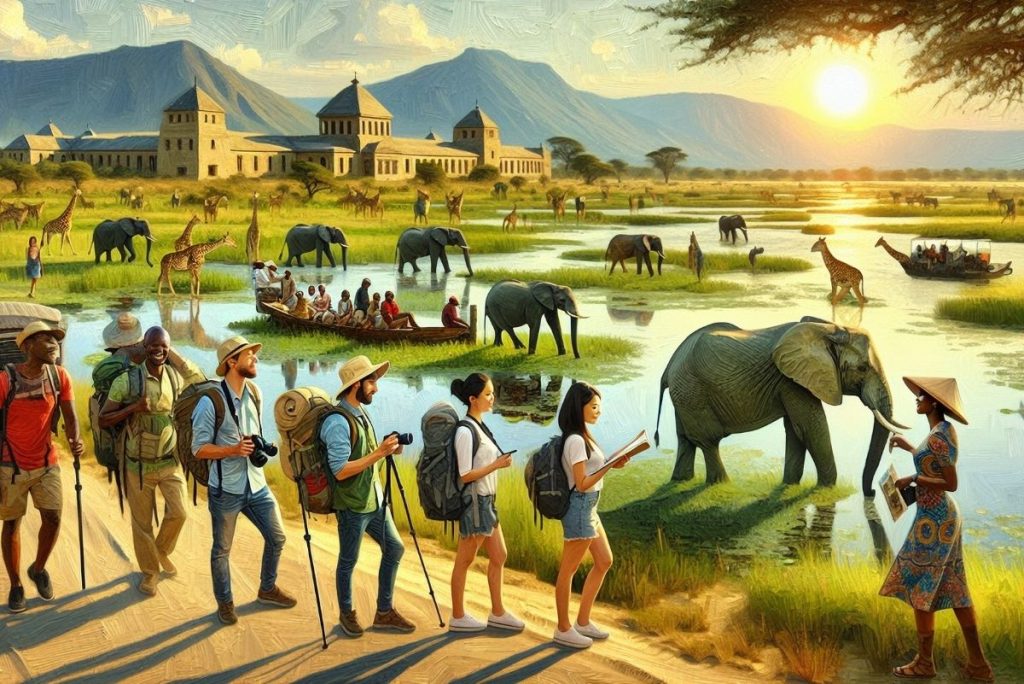
Comparatively, while other nations with significant biodiversity face issues related to deforestation, poaching, or inadequate regulation, Botswana’s conservation-first approach could enhance its appeal to industries concerned with environmental impact and long-term sustainability. Botswana has the opportunity to establish itself as a leader in ethical bioprospecting and biodiversity services, which could attract investment and international collaborations.
Strategic Partnerships for Biodiversity Commercialization
To realize its biodiversity monetization goals, Botswana could benefit greatly from partnerships with international conservation bodies, research institutions, and the private sector. Such collaborations can bring essential funding, expertise, and market access, accelerating the diversification of Botswana’s biodiversity economy.
Partnerships with Conservation Organizations
Non-governmental organizations (NGOs) and intergovernmental organizations can provide funding, expertise, and market pathways that Botswana may not be able to access independently. Collaborations with organizations like the World Wildlife Fund (WWF), Conservation International, and the United Nations Environment Programme (UNEP) can support initiatives such as:
- Species Protection: NGOs often fund and implement species-specific protection programs, which help maintain biodiversity and attract attention to these regions for conservation-based bioprospecting.
- Community Engagement Programs: NGOs can provide resources for CBNRM programs, supporting local education on sustainable practices and helping create pathways for revenue-sharing in biodiversity-related projects.
Partnerships with Research Institutions
Partnering with academic institutions and research centers globally can also open up avenues for biodiversity research and commercialization:
- Bioprospecting Research and Development: Partnerships with universities and pharmaceutical companies could accelerate Botswana’s entry into the global bioprospecting market by supporting local research and providing the scientific basis for product development.
- Data Sharing and Capacity Building: Research institutions can assist Botswana in building data collection and monitoring infrastructure, enabling more accurate assessments of biodiversity health and potential applications.
Collaborations with the Private Sector
The private sector can drive the growth of Botswana’s biodiversity economy by investing in emerging markets for sustainable products, biotech, and carbon credits. Companies engaged in industries like pharmaceuticals, agriculture, and eco-friendly products may find unique opportunities in Botswana’s rich biodiversity:
With structured partnerships, Botswana can gain the necessary funding, knowledge, and global network access to develop biodiversity monetization pathways beyond tourism, positioning itself as a model for sustainable economic development.
Policy Innovations for Sustainable Biodiversity Monetization
For Botswana to successfully monetize its biodiversity while protecting its ecosystems, policy innovation is essential. Effective policies ensure that commercialization efforts are environmentally sustainable, financially viable, and beneficial to local communities. Key policy areas to consider include:
Land Tenure and Access Rights
Land tenure policies play a crucial role in incentivizing local communities to participate in biodiversity conservation. By securing community rights over land and resources, Botswana can create frameworks that enable communities to benefit directly from biodiversity monetization efforts.
- Community Land Ownership Models: Granting long-term land rights to communities participating in conservation can enhance local investment in biodiversity. Programs could ensure that communities receive a percentage of revenue from bioprospecting, agroforestry, or ecosystem service initiatives.
- Collaborative Management of Resources: Botswana could adopt policies encouraging joint management between the government and local communities, particularly in high-biodiversity areas. Such policies ensure shared benefits and decision-making authority for sustainable resource use.
Intellectual Property and Indigenous Knowledge Protection
Indigenous communities have long held valuable knowledge about the medicinal and nutritional properties of local flora and fauna. Protecting this knowledge through intellectual property rights (IPR) is vital for ethical and sustainable biodiversity monetization:
- Intellectual Property for Traditional Knowledge: Botswana could establish policies recognizing and protecting the intellectual property rights of indigenous knowledge holders, ensuring fair compensation if these resources are commercialized.
- Access and Benefit-Sharing (ABS) Agreements: Adopting ABS policies aligned with the Nagoya Protocol can help Botswana create legally binding agreements that ensure fair sharing of profits derived from local genetic resources with the communities where they originate.
Incentives for Sustainable Practices
Botswana can encourage sustainable biodiversity-based enterprises through tax incentives, subsidies, and grants. Offering fiscal incentives for sustainable bioprospecting or ecological farming projects can attract investment while promoting responsible use of biodiversity.
- Tax Benefits for Conservation Activities: Tax breaks for private and community-led conservation efforts can encourage biodiversity protection, ensuring that economic activities do not compromise ecological integrity.
- Grants for R&D and Monitoring: The government could offer grants or co-funding opportunities for businesses and research institutions engaged in biodiversity R&D. This approach promotes innovation while supporting ecosystem monitoring efforts.
Transparent Monitoring and Reporting Systems
Establishing transparent systems to monitor biodiversity health, ecosystem service delivery, and compliance with conservation practices is essential for Botswana’s long-term sustainability. Advanced reporting systems will ensure accountability and help Botswana attract partners who value transparency:
- Ecological Health Indicators: Developing metrics to assess the impact of biodiversity monetization initiatives on ecosystem health allows Botswana to balance economic activities with conservation.
- Community-Driven Reporting Models: Involving local communities in data collection and reporting can empower them to take an active role in conservation, ensuring that they have a stake in monitoring and preserving their resources.
Innovative policies provide the foundation for a diversified, sustainable biodiversity economy that aligns Botswana’s economic and environmental goals, ensuring long-term growth and conservation.
Reimagining Botswana’s Biodiversity Economy Beyond Tourism
Botswana has the potential to lead a new paradigm in biodiversity commercialization that goes beyond the traditional reliance on tourism. With a proactive approach that combines strategic partnerships, targeted policy innovations, and community involvement, Botswana can position itself as a global leader in sustainable biodiversity monetization.
To unlock this potential, Botswana must focus on:
Botswana’s journey to go beyond tourism and capitalize on its natural wealth will require collaboration, innovation, and commitment. By embracing these opportunities, Botswana can achieve economic diversification, environmental sustainability, and resilience against future economic shocks, serving as a model for other nations with similar biodiversity assets.








